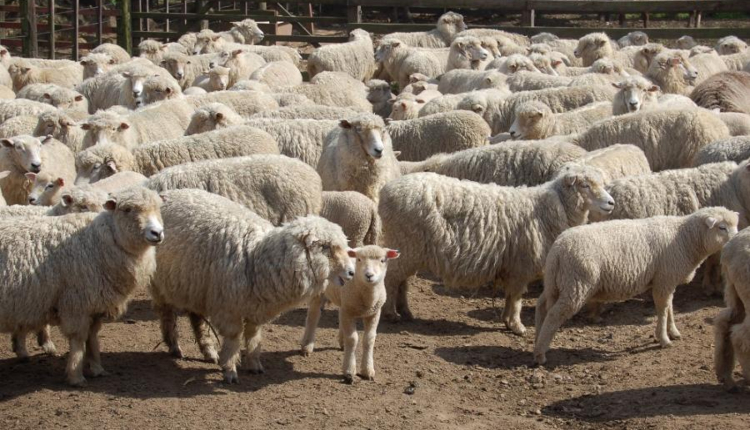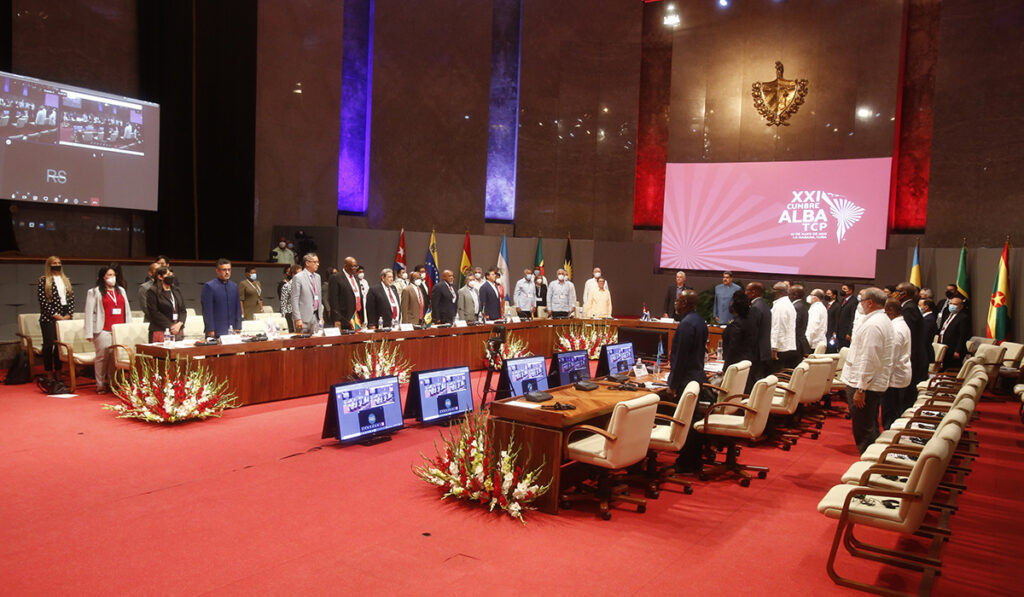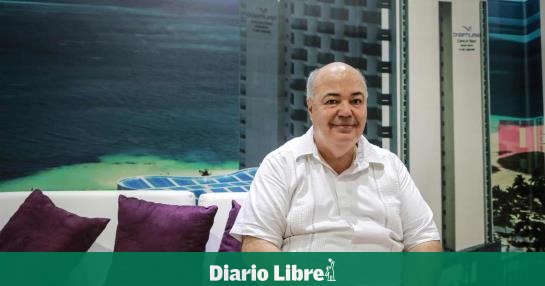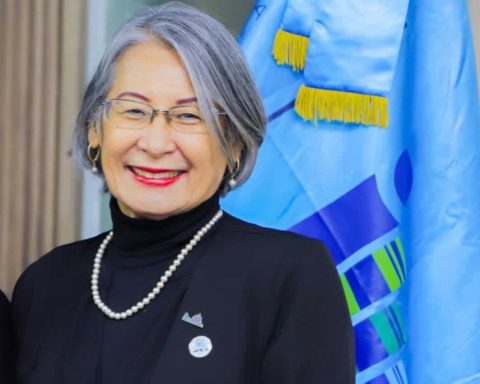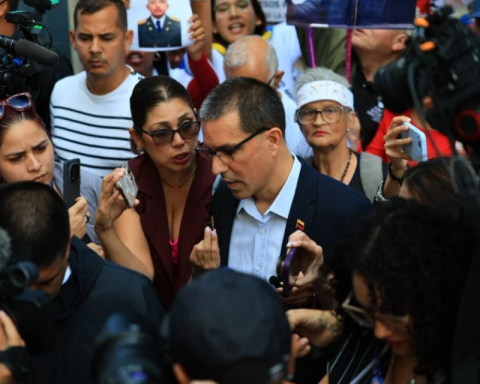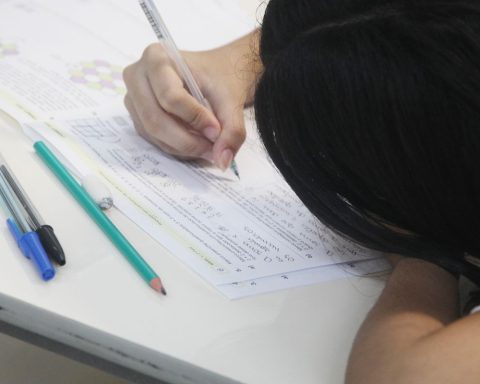The Minister of Livestock, Agriculture and Fisheries, Fernando Mattos, and the Director of Rural Development, Carlos Rydström, received the Minister of Social Development, Martín Lema, and the Undersecretary, Andrea Brugman, to discuss the operation of the joint project that both ministries carry forward, which develops Specific Territorial Interventions for the promotion of the Sheep Sector.
This project, which is carried out within the framework of an agreement signed in 2021 between MIDES, MGAP and the Uruguayan Wool Secretariat (SUL), promotes synergy between the actors, taking advantage of a project that had the Rurality program that MIDES had been implementing. , which promotes the sheep sector, with a sheep bank that provides wombs to rural producers or vulnerable rural population, and which is financed through a revolving fund with the Microfinance Program of Banco República.
In addition, this initiative is supported by the Agricultural Plan Institute, the INIA together with those who previously participated in this project, such as the Corriedale Breeders’ Society of Uruguay. The objective is to provide more training, technical assistance and follow-up to these producers. As well as some key or strategic investments for the work groups such as mobile farms or shearing machines, which help the productive insertion of these producers.
Target for 2023
Rydström told us that a fine-tuning of how the project had been working up to now was done. He said that “this program, which takes place only in the north of the country, will be extended to the entire territory next year.”
Based on the agreement, the project, which will operate throughout the north of the country until 2022, will be extended to the entire territory. The new groups will be entering during the year 2023 and all the previous work of receiving the sheep will be done during this year.
“We understand that the synergies that are being generated are very positive for the final beneficiary of these interventions, which are these rural producers from all over the country, through a policy that does not generate greater investments, but instead promotes better coordination of the programs and projects that were already being implemented to optimize resources and more efficiency in policies”, he commented.
